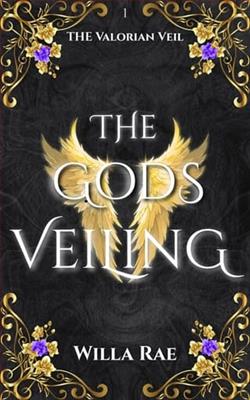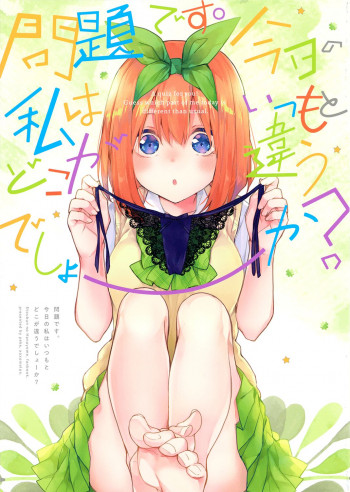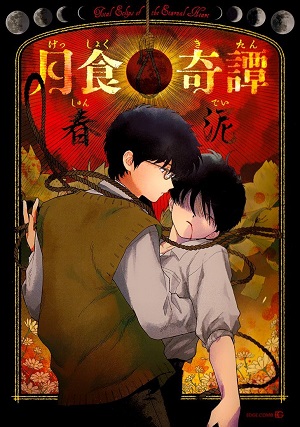
The Gods Veiling
by Willa Rae
Stay away from the gods.
Don’t go to them or Godsden searching for us.
Never enter yourself in the Veiling.
Those are the promises I made to my parents when they left me in the custody of their best friend and his son.
I’ve never uttered a prayer or worship to the powerful and selfish gods who sit in Godsden without a care in the realm for the rest of us. I’ve stayed far away from their joke of a “sacred” occasion known as the Veiling Day.
Unlike the rest of the Valorian Veil, I refuse to do the gods’ bidding to be given a chance to receive power that’s rightfully mine anyway.
My disdain for the righteous beings is deeply rooted—which has made keeping my promises to my parents simple.
Until a betrayal that cuts me just as deep as their abandonment upends my self-secluded life.
Turns out…plans have been made for me. Plans I want no part of.
Now I find myself standing with the very beings I despise—bound not only to their home, their way of life that I wholeheartedly disagree with, but to four men who are just as uncertain about this new predicament as I am.
My unwilling ascension has put the five of us in a situation none of us knows how to navigate. We have more questions than answers, and only one thing is clear…
The gods are using us.
Can we put aside our differences and learn to work together? Or will our secrets destroy us before the gods get their chance?
.
Read
The Gods Veiling on http://kissnovel.net
Martial Peak Reviews
Willa Rae's The Gods Veiling is a captivating exploration of power, betrayal, and the complexities of divine intervention in human affairs. Set in the richly imagined world of the Valorian Veil, Rae crafts a narrative that is as much about personal growth and resilience as it is about the grand machinations of gods and mortals. The book's central premise—a young woman thrust into a world she has long despised—serves as a compelling backdrop for themes of autonomy, trust, and the search for identity.
At the heart of the story is our protagonist, whose life has been defined by a set of promises made to her parents: to stay away from the gods, to avoid Godsden, and to never participate in the Veiling. These promises are not just rules but are deeply ingrained in her psyche, shaping her worldview and her disdain for the gods who, in her eyes, are indifferent and self-serving. Rae does an excellent job of establishing this internal conflict early on, allowing readers to understand the protagonist's motivations and the depth of her resentment.
The narrative takes a sharp turn with a betrayal that forces the protagonist into the very world she has avoided. This twist is not only a catalyst for the plot but also a profound moment of character development. Rae skillfully portrays the protagonist's struggle as she grapples with feelings of abandonment and the realization that her life has been orchestrated by forces beyond her control. This sense of powerlessness is a recurring theme throughout the book, and Rae uses it to explore the broader question of free will versus destiny.
One of the most intriguing aspects of The Gods Veiling is the protagonist's reluctant alliance with four men who are equally uncertain about their roles in this divine game. Rae's characterization of these men is nuanced, each bringing their own secrets and motivations to the table. The dynamic between the five characters is a highlight of the book, as they navigate their shared predicament and learn to trust one another. Rae's ability to create complex, multi-dimensional characters is evident here, as she delves into their backstories and the personal demons they must confront.
The theme of trust is central to the story, as the protagonist and her companions must decide whether to unite against the gods or succumb to their individual fears and doubts. Rae explores this theme with sensitivity, showing how trust is not easily given but must be earned through shared experiences and mutual understanding. The development of these relationships is organic and believable, adding depth to the narrative and keeping readers invested in the characters' fates.
Rae's world-building is another strength of the novel. The Valorian Veil is a vividly imagined realm, with its own history, culture, and social hierarchies. Rae's attention to detail is evident in her descriptions of Godsden and the rituals surrounding the Veiling. This immersive setting provides a rich backdrop for the story, enhancing the sense of wonder and intrigue that permeates the book.
In terms of thematic exploration, The Gods Veiling shares similarities with other works in the fantasy genre that deal with the interplay between mortals and deities. Fans of Neil Gaiman's American Gods or Madeline Miller's Circe will find familiar themes of divine manipulation and the struggle for autonomy. However, Rae's novel distinguishes itself through its focus on the personal journey of its protagonist and the intimate relationships she forms along the way.
Rae's prose is both lyrical and accessible, striking a balance between evocative descriptions and engaging dialogue. Her writing style complements the story's themes, capturing the emotional nuances of the characters' experiences while maintaining a sense of momentum that keeps the plot moving forward. The pacing is well-executed, with moments of introspection interspersed with action and suspense, ensuring that readers remain captivated from start to finish.
Overall, The Gods Veiling is a thought-provoking and emotionally resonant novel that will appeal to fans of character-driven fantasy. Rae's exploration of power, trust, and identity is both timely and timeless, offering readers a story that is as entertaining as it is insightful. The book's ending leaves room for further exploration of the Valorian Veil, and readers will undoubtedly be eager to see where Rae takes the story next.
In conclusion, Willa Rae has crafted a compelling tale that challenges readers to consider the nature of power and the choices we make in the face of adversity. The Gods Veiling is a testament to the enduring appeal of fantasy as a genre that can illuminate the human condition, and it is a worthy addition to any reader's bookshelf.




![[VS]](/upload/pic/manga/-vs-.jpg)


















Reviews 0
Post a Reviews: